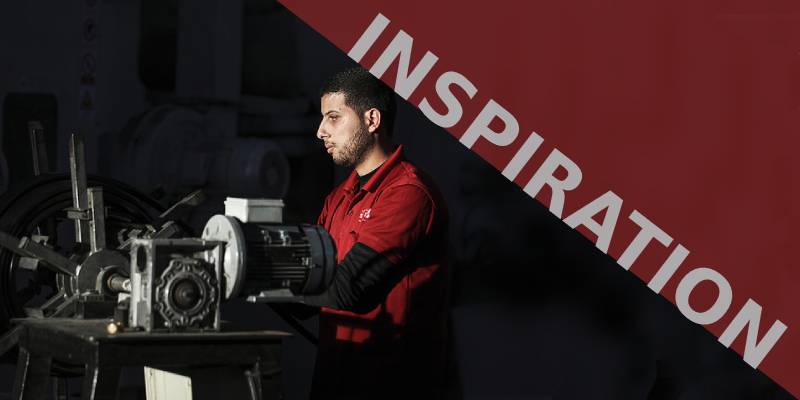
2 min
A new solar array is set to provide much-needed reliable power to dozens of businesses in Gaza, boosting productivity and profits. Since the 1990s productivity in Gaza has dropped by nearly two-thirds, not least because businesses struggle to keep the lights on under the territory’s erratic conditions.
“The World Bank Group is aiming to help reverse that decline. In early December, IFC pledged $8 million to help the area’s biggest business park, the Gaza Industrial Estate, install solar panels on the roofs of several of its buildings.”
The power system upgrade aims to bring solar energy to 32 existing businesses in the Gaza Industrial Estate, create over 800 new jobs, attract new companies to the area and end the frustration of regular, repeated outages than can occur dozens of times a day and last for up to 16 hours.
Inspired by partnership and new financing models
The Gaza initiative, funded by the World Bank in partnership with the Canadian Government and local businesses, demonstrates how a range of partners – each with specific interests and expertise – can work together to finance projects that would not otherwise happen.
This type of innovative humanitarian financing is aligned with the ICRC’s drive to create new financing models with donors, investors and the private sector, especially when it comes to projects that can require large investments, such as sustainable energy systems.
The use of solar is also instructive as the ICRC strives to improve access to safe, reliable and sustainable energy – both in the field and the office – as part of its sustainable development commitments.
Powering up people’s solutions
There are several ICRC projects currently underway in Gaza through which the ICRC hopes to gain critical urban planning insights and replicate good practices in other complex urban settings affected by protracted crises.
Among them is a focus on strengthening communities to withstand economic shocks by analyzing existing local infrastructure and mapping informal energy back-up systems that people have developed to manage the persistent lack of electrical power.
By identifying and improving the links between formal and informal infrastructure, the ICRC will be able to build upon the population’s existing coping mechanisms to improve access to energy.

